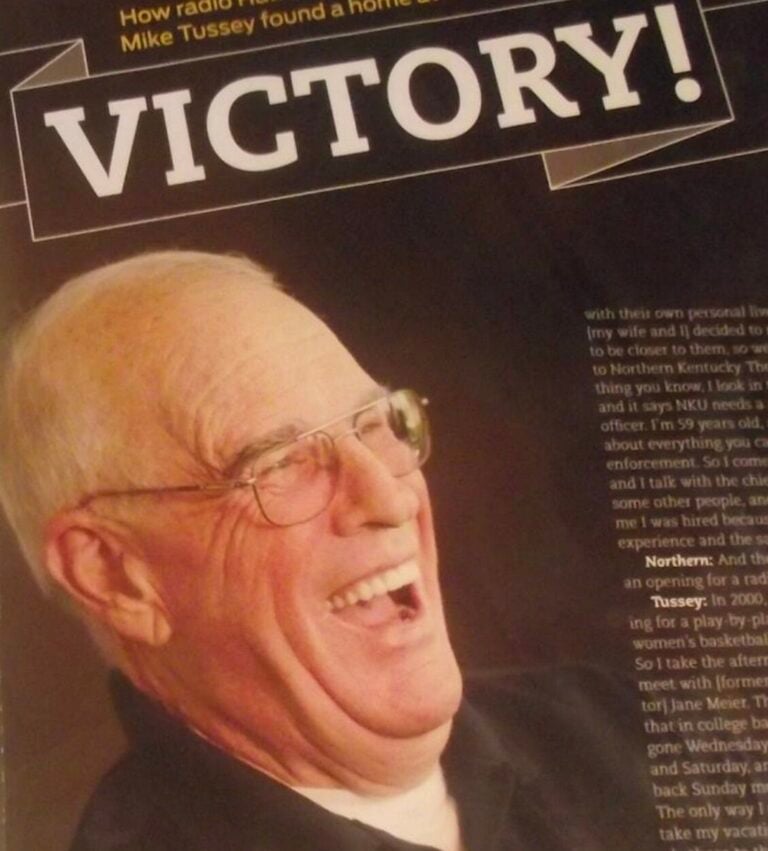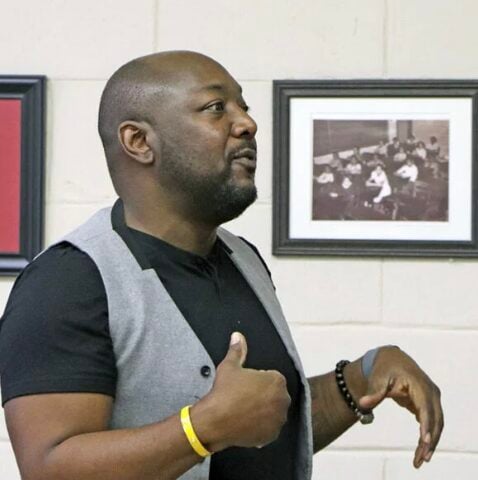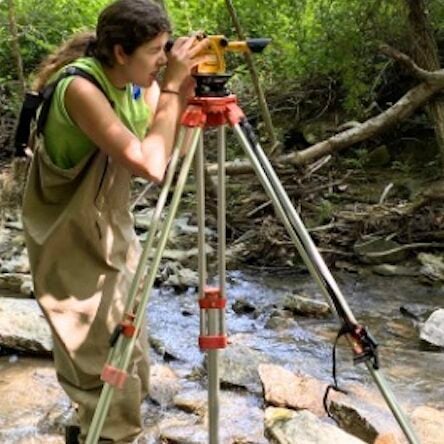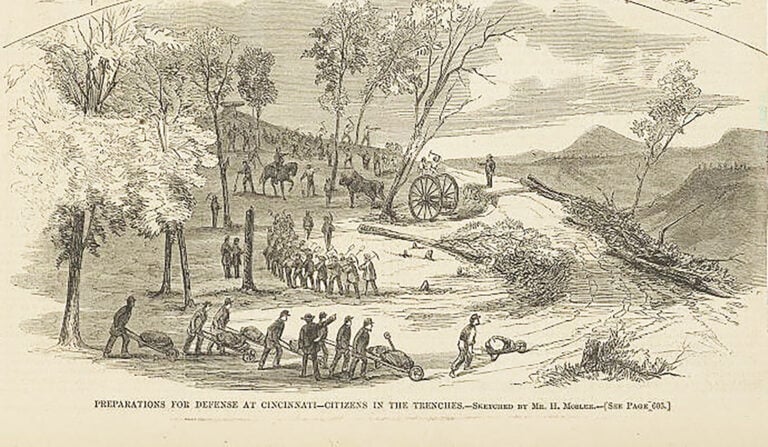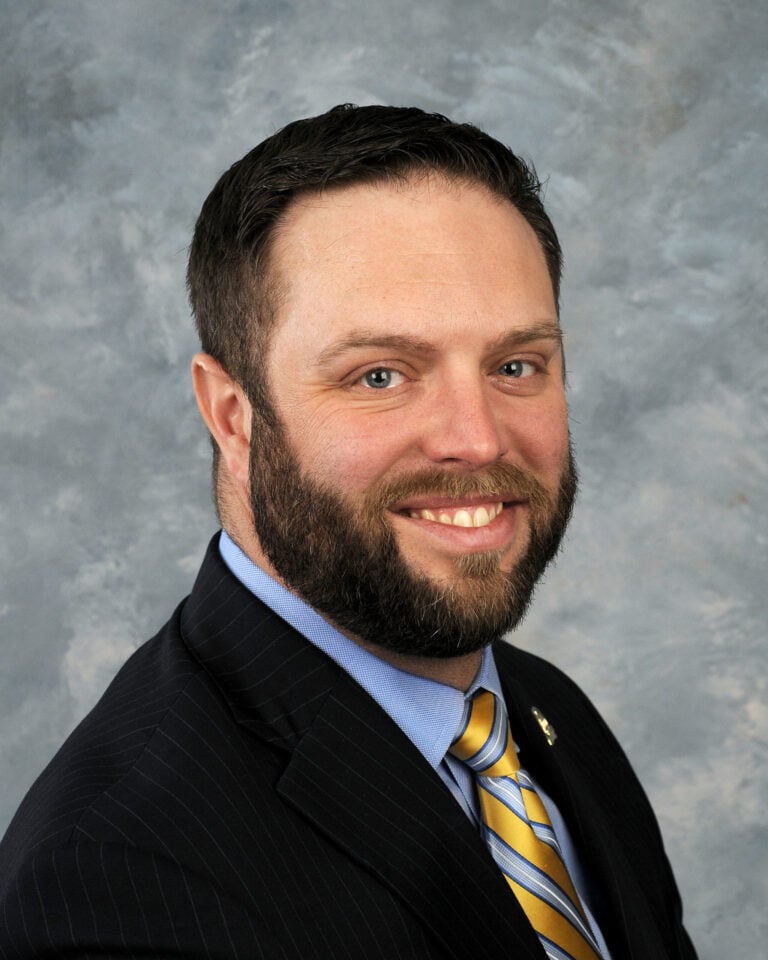By Tom Latek
Kentucky Today
Three of Kentucky’s public university presidents appeared before a legislative committee on Thursday to describe how Gov. Matt Bevin’s proposed budget will affect them.
University of Kentucky President Eli Capilouto told the House Budget Review Subcommittee on Postsecondary Education that the cuts in programs contained in the state’s two-year spending plan will impact them several ways.
“The proposed base reduction is 6.25 percent. For the University of Kentucky, that amounts to $16 million. That will touch nearly everybody. We have 30,400 students and 85 percent of our freshman class has some form of grant or financial aid that they don’t pay back. This will affect our financial aid and scholarships. It can also affect the services we provide students.”

He told the panel that many of their 20,000 faculty and staff also receive state funding and that it will impact the 1.5 million patients they see at their clinics, as well as 38,000 patients admitted to the UK Hospitals.
In addition to the 6.25 percent reduction, Capilouto said a number of the 70 programs the governor has proposed to defund are at UK, meaning they lose millions more, making the total $26 million.
He also told lawmakers one energy program that receives $5.2 million, is leveraged to nearly $18 million, through federal grants from the Department of Energy and Department of Defense.
“We need to find a way to best provide these services,” Capilouto said.
Also appearing before the subcommittee was Dr. M. Christopher Brown, II, president of Kentucky State University in Frankfort.
He says the proposed appropriation in the Governor’s budget was $26 million. “The 6.25 percent cut and unfunded increases, amount to $3.1 million. That is, in effect, an 11.3 percent cut in institutional operations.”
Brown said he was asked if the budget cut will be the death knell of Kentucky State. “I replied, ‘no, it won’t be the death knell, but it will lead us to manage our hands very differently.’
“It’s our contention that great things are happening at ‘The College on the Hill,’ and we only ask for your continued support to stay the course.”
Acting University of Louisville President Dr. Greg Postel also commented on the base reduction in spending proposed in the spending plan. “This amount, if it turns out to be what is incorporated in the final budget, would bring us back to the level of funding we had in 1998.”
He says the cuts go beyond 6.25 percent, which translates to $8 million and include the 70 programs that will not be funded. “The lung cancer research is about another $2 million. This adds up to more than $10 million.”
After his testimony, Postel told reporters the continuing budget cuts over the past several years have an additive effect. “It makes it very difficult to continue to grow and build programs, where there is a slowly dwindling pool of resources available to support it.”
The committee on tuition and fees as well as the Board of Trustees will continue meeting through the winter and spring before making a final decision, according to Postel.
“We don’t want to place any more burden than we have to on our students, which is obviously why we held tuition flat this year. But it’s not easy to do that.”











